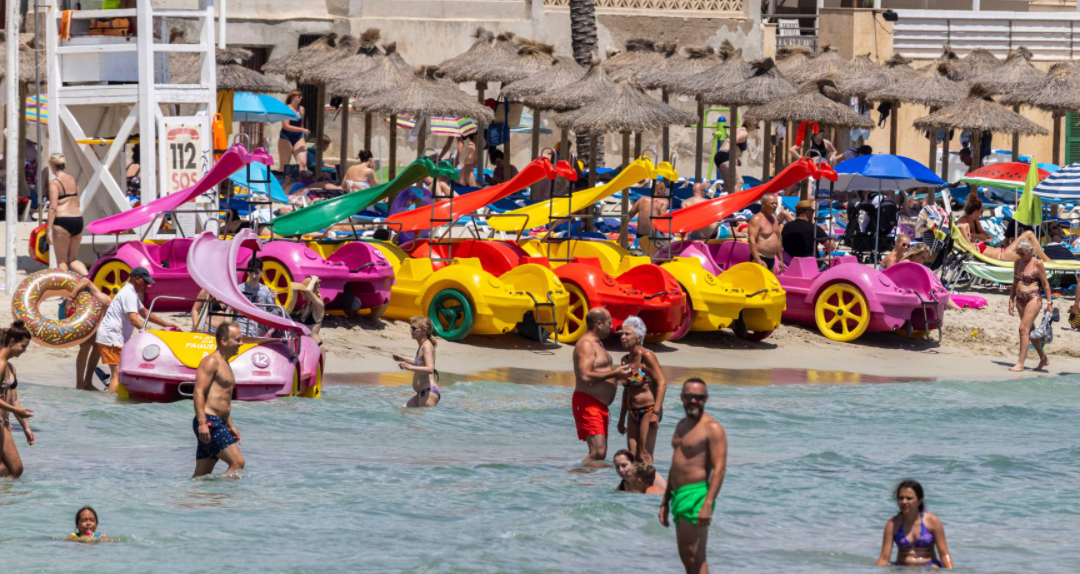Tourism maintains, for now, its optimism regarding the recovery. Hotels, airlines and tour operators did not give importance to the impact of the omicron variant. And from April a strong recovery in tourism would begin. Those forecasts did not include the rise in inflation linked to the rise in energy prices nor, above all, the Russian invasion of Ukraine and fears that the conflict would generate fear of travel.
José Luis Zoreda, executive vice president of Exceltur, a thintank that represents 32 of the most important companies in the tourism sector (Iberia, Amadeus, Renfe, Meliá, Riu, NH or Palladium, among them), confesses that there have been no cancellations due to now and that the main concern is the rise in inflation. “All of 2022 has come to stay. Price tensions have triggered operating costs to supply energy or food and beverages. The great uncertainty is whether the price increase is going to be transferred to rates or whether it is going to go against the margins of the companies”, he stresses.
In that same period, airlines such as Ryanair or Jet2.com were exultant and announced an increase in capacity for the high season in summer, which left the number of seats available 3.5% above the level of 2019. Javier Gándara, director general of EasyJet for the south of Europe and president of the Association of Air Lines (ALA), acknowledges that the rise in inflation and the invasion of Ukraine have changed the scenario. “Regarding air traffic, Russia and Ukraine accounted for 3 million passengers transported in 2019, just 1% of the total, so the impact of the closure of both markets is quite limited. The other direct effect is that the closure of Russian airspace for European airlines will force them to follow the Trans-Siberian route. The impact will also be limited since long-haul traffic was very stopped”, he stresses.
Where Gándara does believe that there will be an indirect impact will be in the increase in the price of fuel, with a barrel of Brent close to 120 dollars. “Crude oil accounts for 30% of operating costs and most airlines only have half of the fuel covered against future price increases, while the other half is affected by the increase in the price of crude oil. The president of ALA emphasizes that another negative impact is the drop in consumer confidence. “There have been no cancellations of reservations prior to the conflict, but there has been a lower demand for them”
